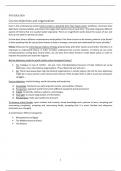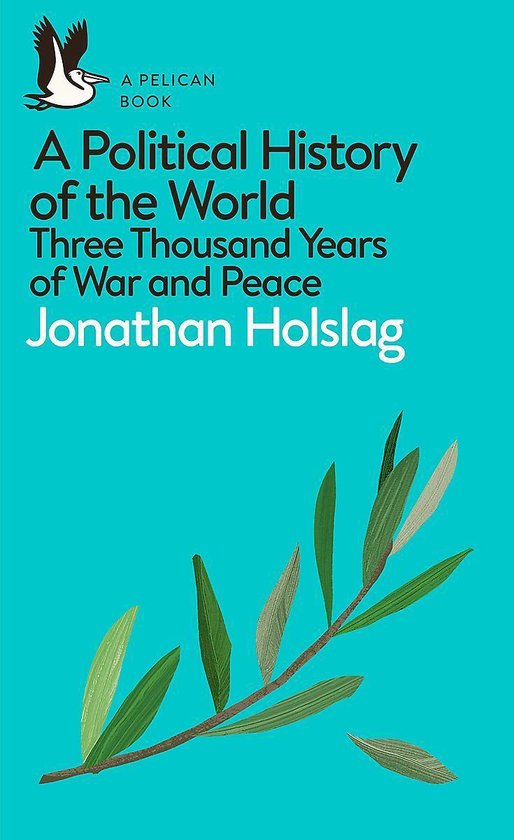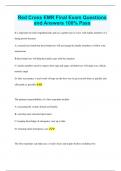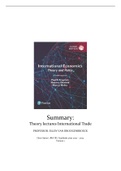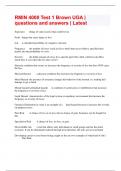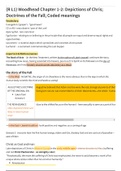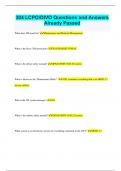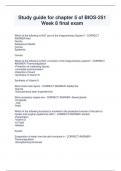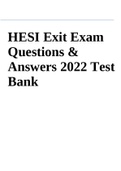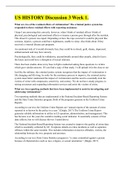Samenvatting
Summary - History of International Relations (000761)
- Instelling
- Vrije Universiteit Brussel (VUB)
This summary is an exploration through three thousand years of world politics. The history allows you to discover its context, to retrieve the origins of these broad ideas, and to judge them more critically on their merits. History is also what allows future leaders to be versatile, to understand w...
[Meer zien]
